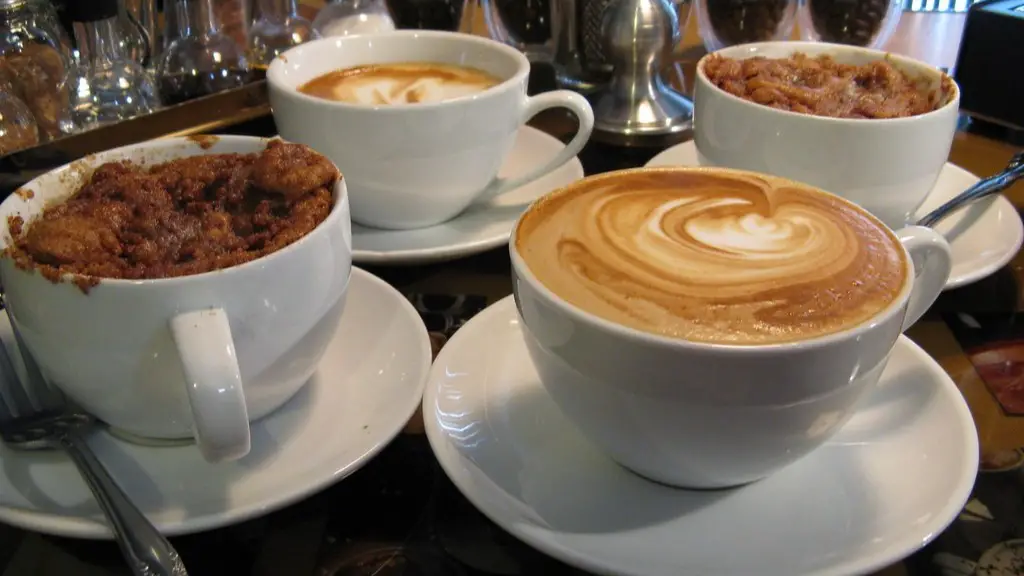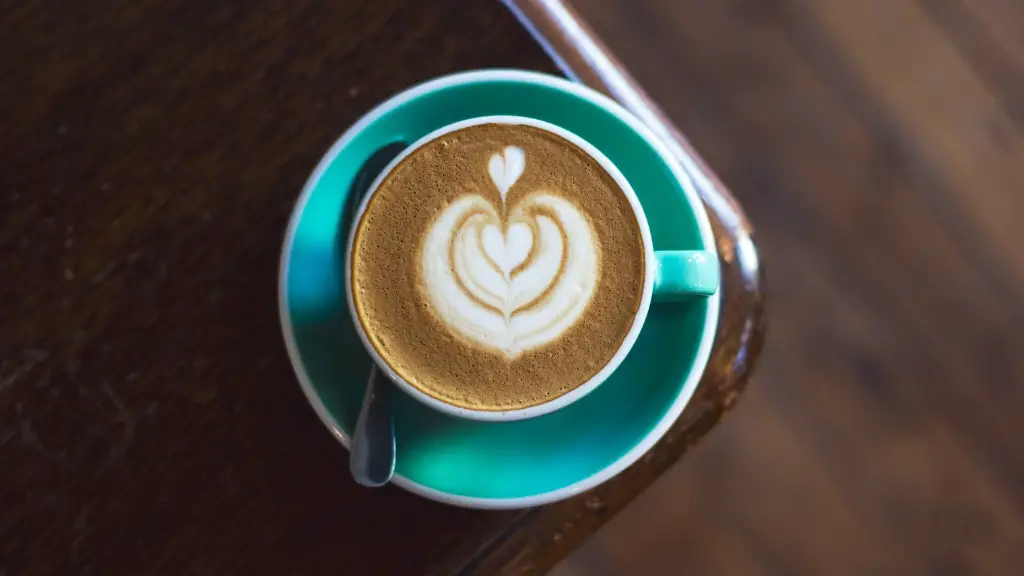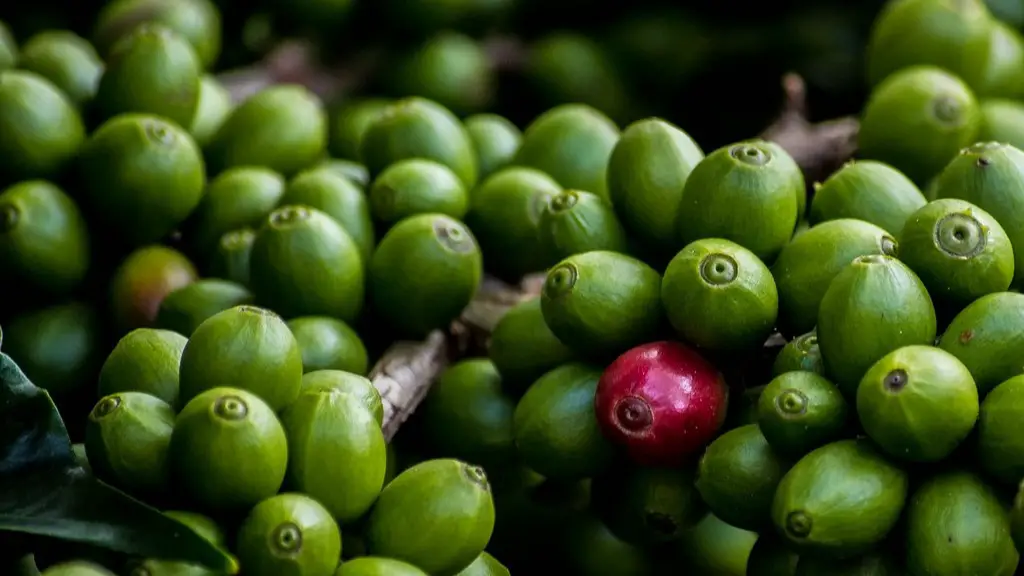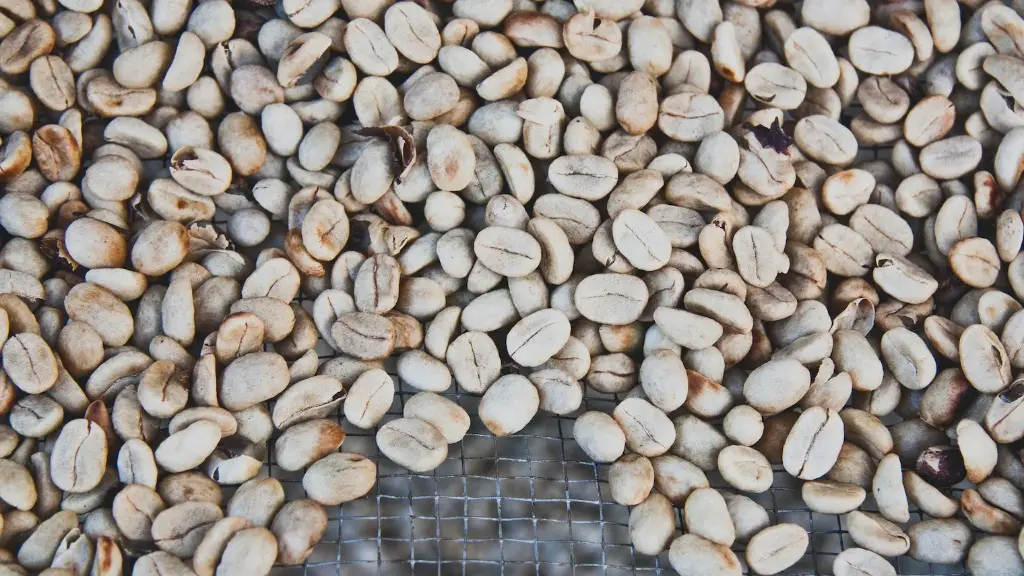Fastings are usually required prior to lab work such as a blood draw or a urine sample – with blood tests it can be as long as 12 hours, but usually it’s only 8 hours before your appointment. The recommended protocol is to fast 8-10 hours before the test and during this time no food or drink should be consumed, not even water if the test is for triglycerides or bad cholesterol. But, can you drink coffee while fasting for lab work?
The simple answer is yes – it’s alright to have some coffee or tea before your test, as long as it’s is either black or with a very small amount of low-fat milk or cream, up to a teaspoon. The important point is that all of these beverages without sugar or artificial sweeteners are considered to be calorie-free, so it should not affect the test results.
However, the American Diabetes Association recommends that those with diabetes to abstain from all calorie containing drinks while fasting. There are some people who try to make the fasting time easier by indulging in energy drinks, gym supplements and other beverages with artificial sweeteners. However, it’s important to remember that these things can affect the results of your lab work, as they contain calories and sugars.
Some people also believe that caffeine can be dehydrating, but according to experts, coffee and tea do not cause dehydration in healthy people. In fact, it is the opposite – caffeine helps to stimulate your kidneys, so it increases the amount of water released from your body. And water is the essential component of the fasting that is required for your lab results.
But, it’s important to note that coffee is not just a diuretic, it is also a stimulant. This means that drinking coffee can have an effect on the heart rate and can make you more anxious or jittery. Your doctor may advise you to avoid coffee or other caffeinated beverages if you are already taking a medication for anxiety or heart rate issues.
Are there any other drinks allowed during fasting?
The short answer is yes, but with certain limitations. For example, herbal teas such as chamomile and peppermint are usually allowed during fasting. These drinks contain very little calories and have no caffeine, so they are considered to be safe. It’s also ok to drink water or carbonated drinks without sugar, as long as it has nothing added to it.
However, you should avoid drinks that contain sugar, such as fruit juice or even sugar-free drinks made with artificial sweeteners. These drinks can affect the results of your lab test, as sugar can alter the results. The same goes for drinks that have milk or cream in them, as they can also interfere with the fasting period.
Finally, if you are unsure about any of these drinks or if your doctor has instructed you to fast in a specific way, it’s best to follow your doctor’s instructions. Your doctor knows best and may be able to provide more accurate information about what you can and can’t drink during the fasting period.
Is it dangerous to drink coffee while fasting?
Generally, it’s considered safe to drink coffee while fasting for lab work. However, it’s important to remember that caffeine can interfere with the results of certain lab tests, as it can cause an increase in the heart rate and can make you more anxious or jittery. Therefore, you should speak to your doctor to discuss your options if you have any concerns.
In terms of dehydration, there is no evidence that caffeine will cause dehydration in healthy people. In fact, caffeine has been found to have a diuretic effect, meaning it helps to stimulate the kidneys and increases the amount of water released from the body. Therefore, drinking a reasonable amount of coffee or tea while fasting should not be a problem and is safe.
Does caffeine help with fasting?
Caffeine has been found to have some health benefits, such as providing an energy boost, improving alertness and helping to increase endurance during exercise. However, the effects of caffeine on fasting are still uncertain and need to be studied further.
For obese individuals, studies have found that caffeine may improve insulin sensitivity, which can help with glucose control. Additionally, caffeine is believed to help suppress appetite and may make fasting for long periods of time more manageable. However, as with any stimulant, too much caffeine can cause jitteriness, nausea, and insomnia. Therefore, it’s best to discuss your caffeine intake with your doctor before beginning any fasting or diet plan.
What to consider before drinking coffee while fasting?
Before having coffee while fasting for lab work, it’s important to keep a few things in mind. It’s best to stick to black coffee or coffee with a small amount of low-fat milk or cream added in. If you’re adding sugar or artificial sweeteners, it can interfere with the results of some lab tests.
Additionally, if you have medical conditions such as diabetes, it’s best to consult with your doctor before having coffee. In some cases, certain drinks such as energy drinks and gym supplements can affect the results of your tests, so it’s best to double check with your doctor if you’re unsure about anything.
Should you avoid caffeine while fasting?
Caffeine can have both positive and negative effects on the body, so it’s important to consider the pros and cons before having coffee while fasting for lab work. Generally, it’s safe to drink coffee or tea that is either black or with a small amount of low-fat milk or cream, but it’s best to consult with your doctor before beginning any diet or fasting plan.
In terms of the effects of caffeine on the results of lab tests, studies have not yet found any direct causal link between caffeine consumption and altered results. Therefore, provided you stick to the recommended protocol and have reasonable consumption of caffeine, it should not affect the results of your tests.
How to choose the right coffee while fasting?
When selecting coffee while fasting for lab work, it’s important to choose the right one. Stick to black coffee or coffee with a small amount of low-fat milk or cream. Avoid adding any sugar or artificial sweeteners, as these can interfere with the results of certain tests.
It’s also important to consider the caffeine content in the coffee. Generally, light to medium roast coffees have lower caffeine content compared to dark roasts, so they may be a better choice for those looking to reduce their caffeine intake. Additionally, it’s best to avoid drinks such as energy drinks or gym supplements, as these are usually high in caffeine and can also contain artificial sweeteners that can interfere with the results of your tests.
Health benefits of drinking coffee while fasting
Coffee can provide some health benefits when consumed in moderation. Studies have found that it may help to lower the risk of certain diseases such as diabetes, heart disease, and certain types of cancer. Additionally, it contains antioxidants, which are thought to help reduce inflammation and may help to reduce the risk of certain chronic illnesses.
When it comes to caffeine, studies have also found that it may help to improve focus and alertness, as well as provide an energy boost. Additionally, caffeine is believed to help suppress appetite and may make fasting for long periods of time more manageable. However, too much caffeine can have negative effects such as jitteriness, insomnia, and nausea, so it’s important to discuss your caffeine intake with your doctor before beginning any fasting or diet plan.





